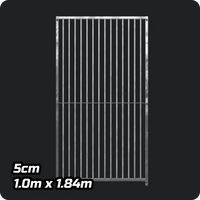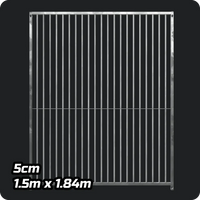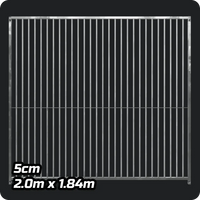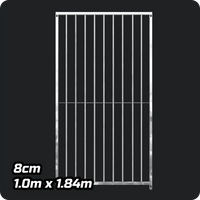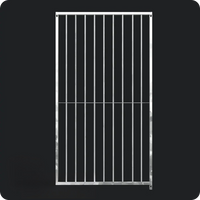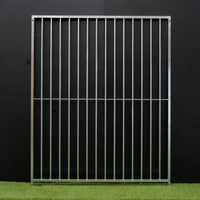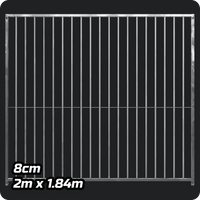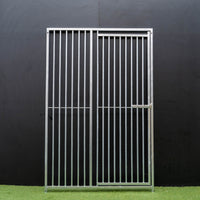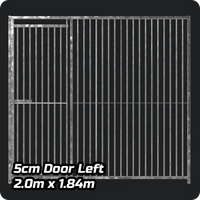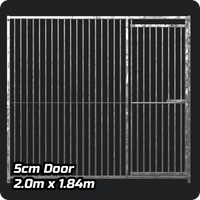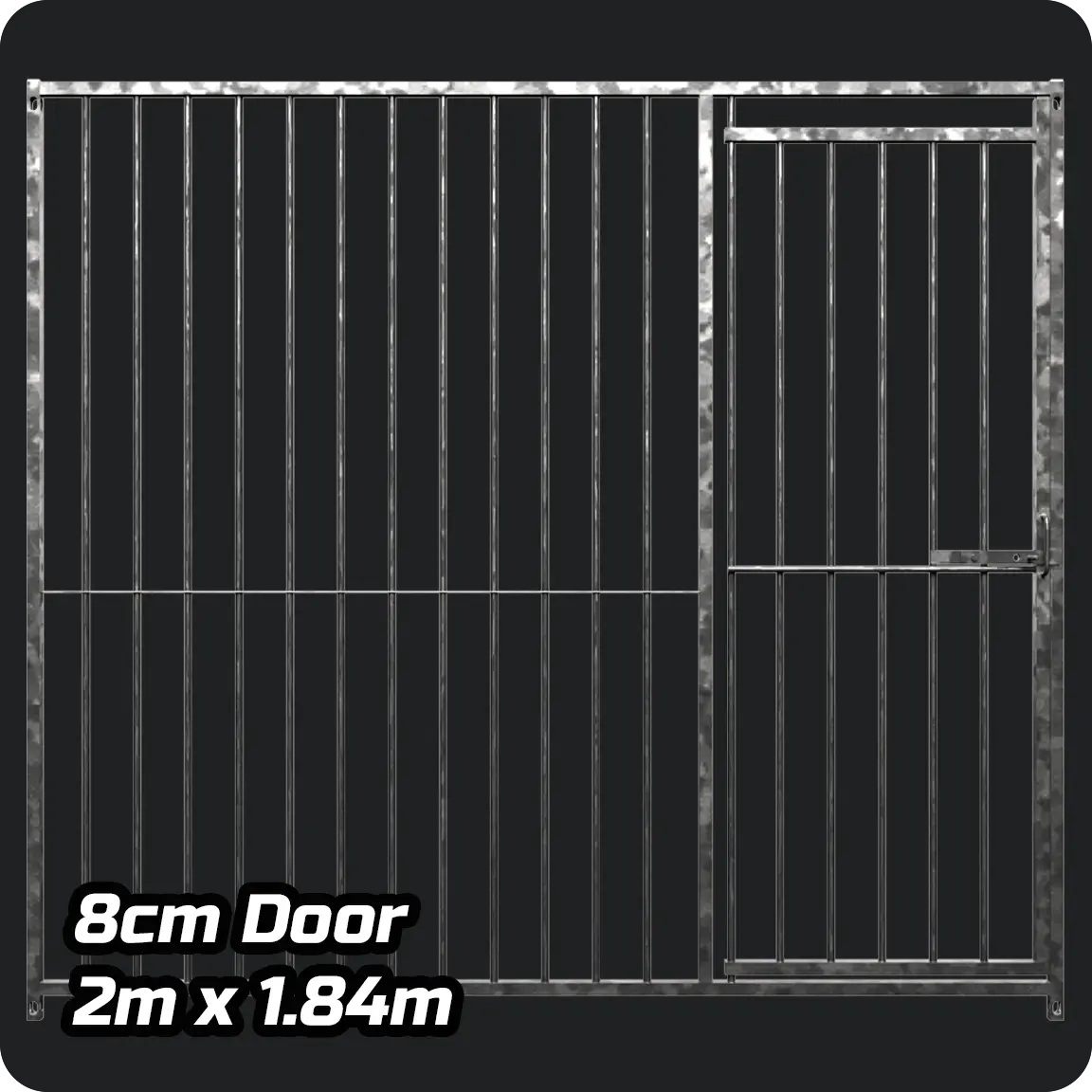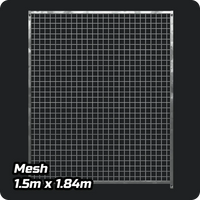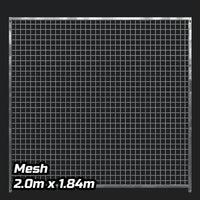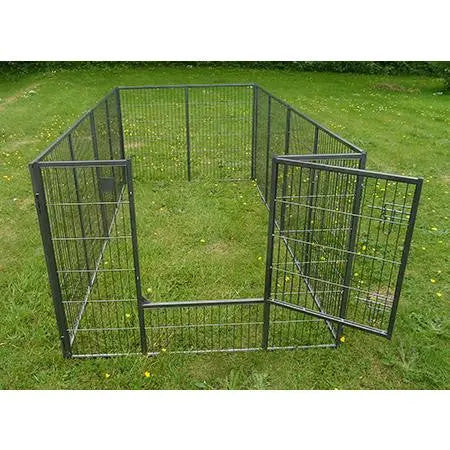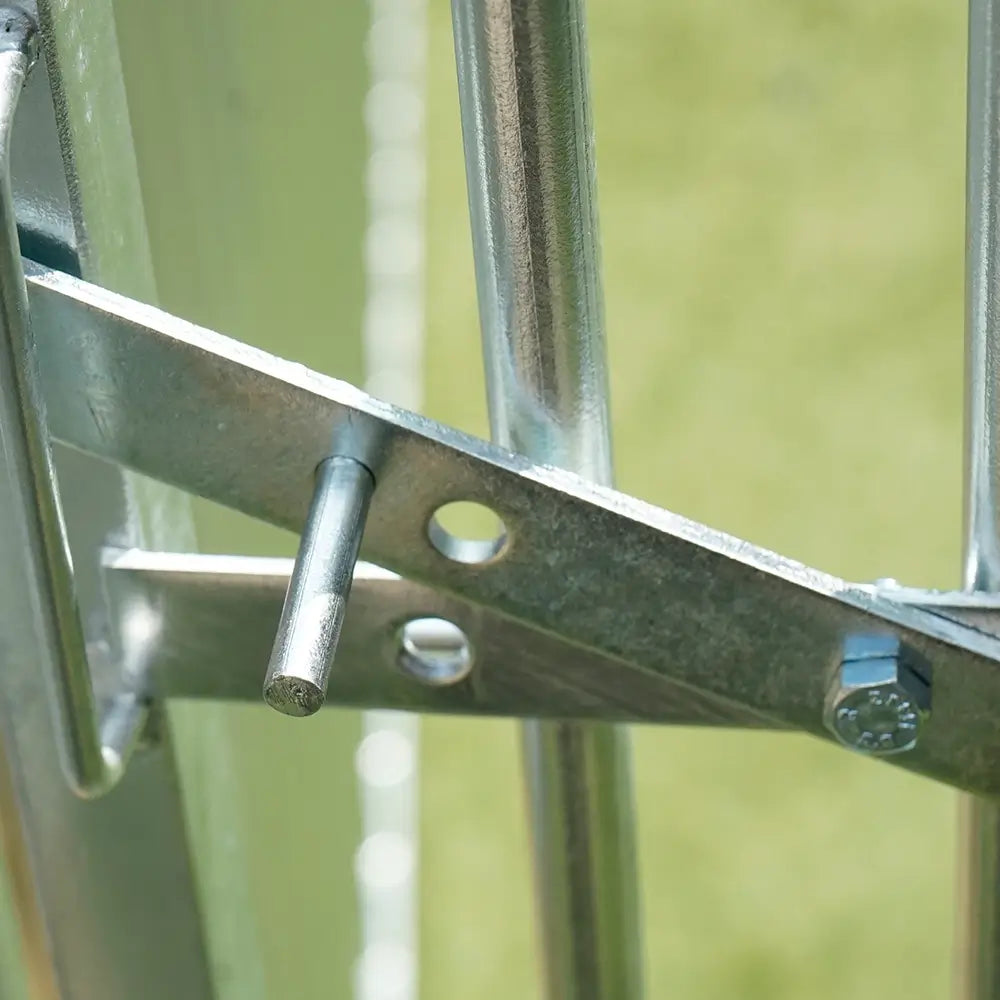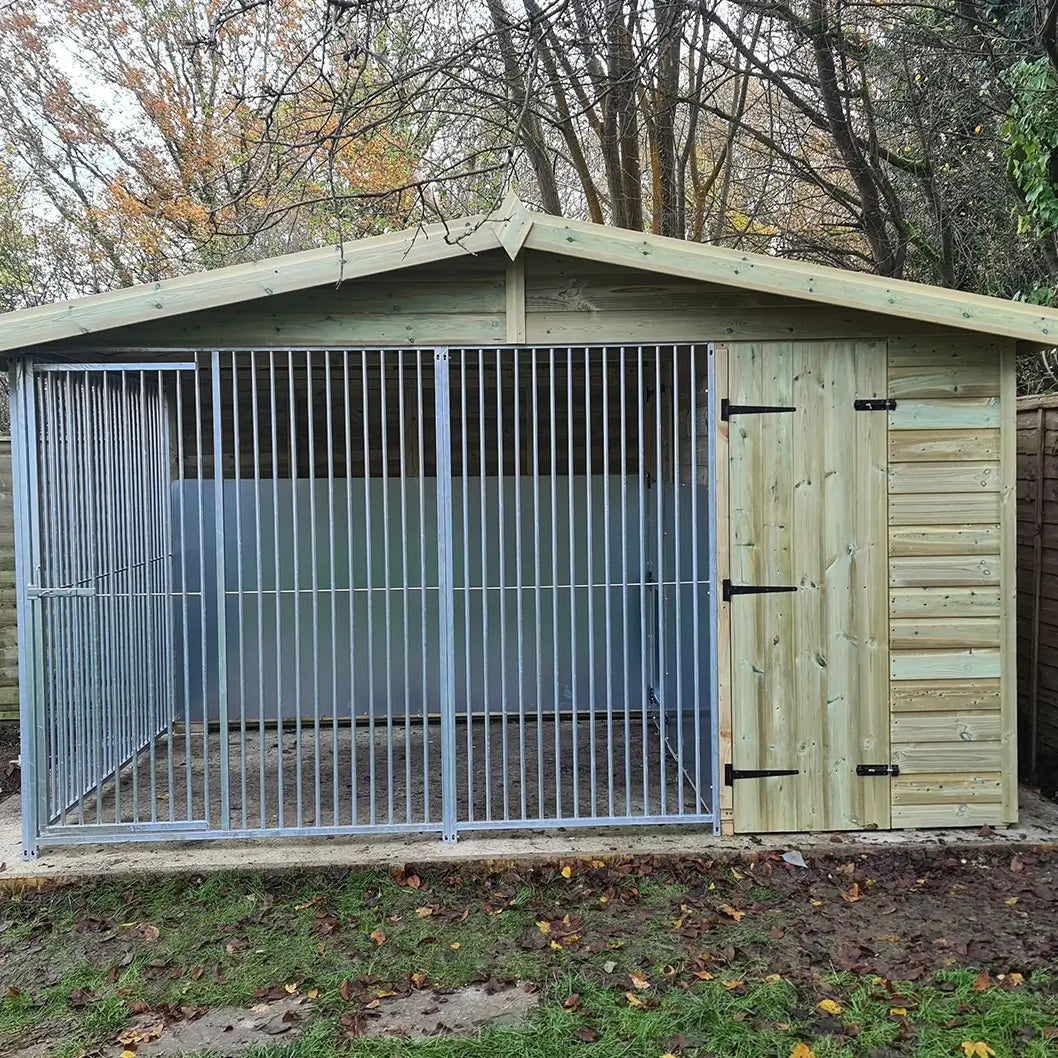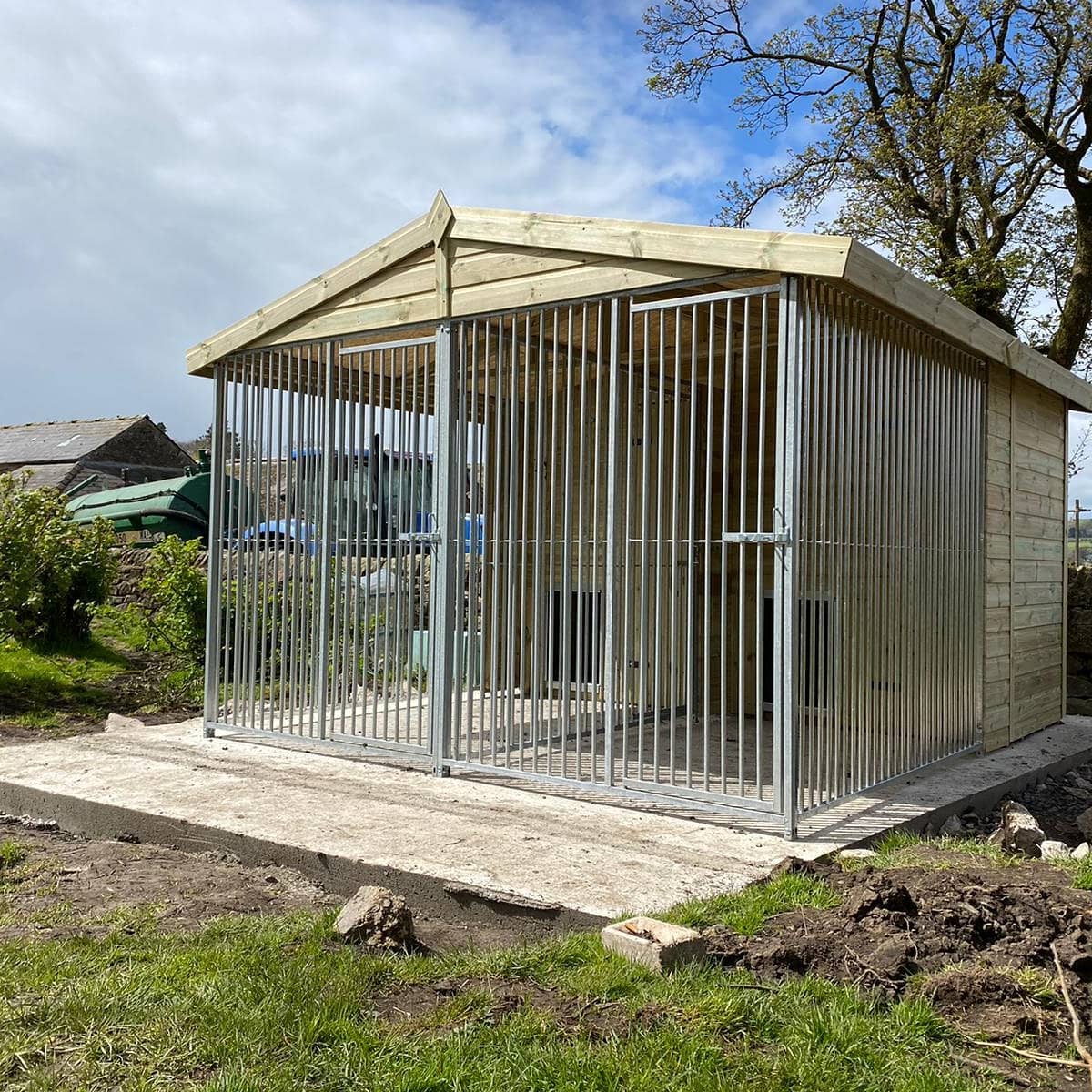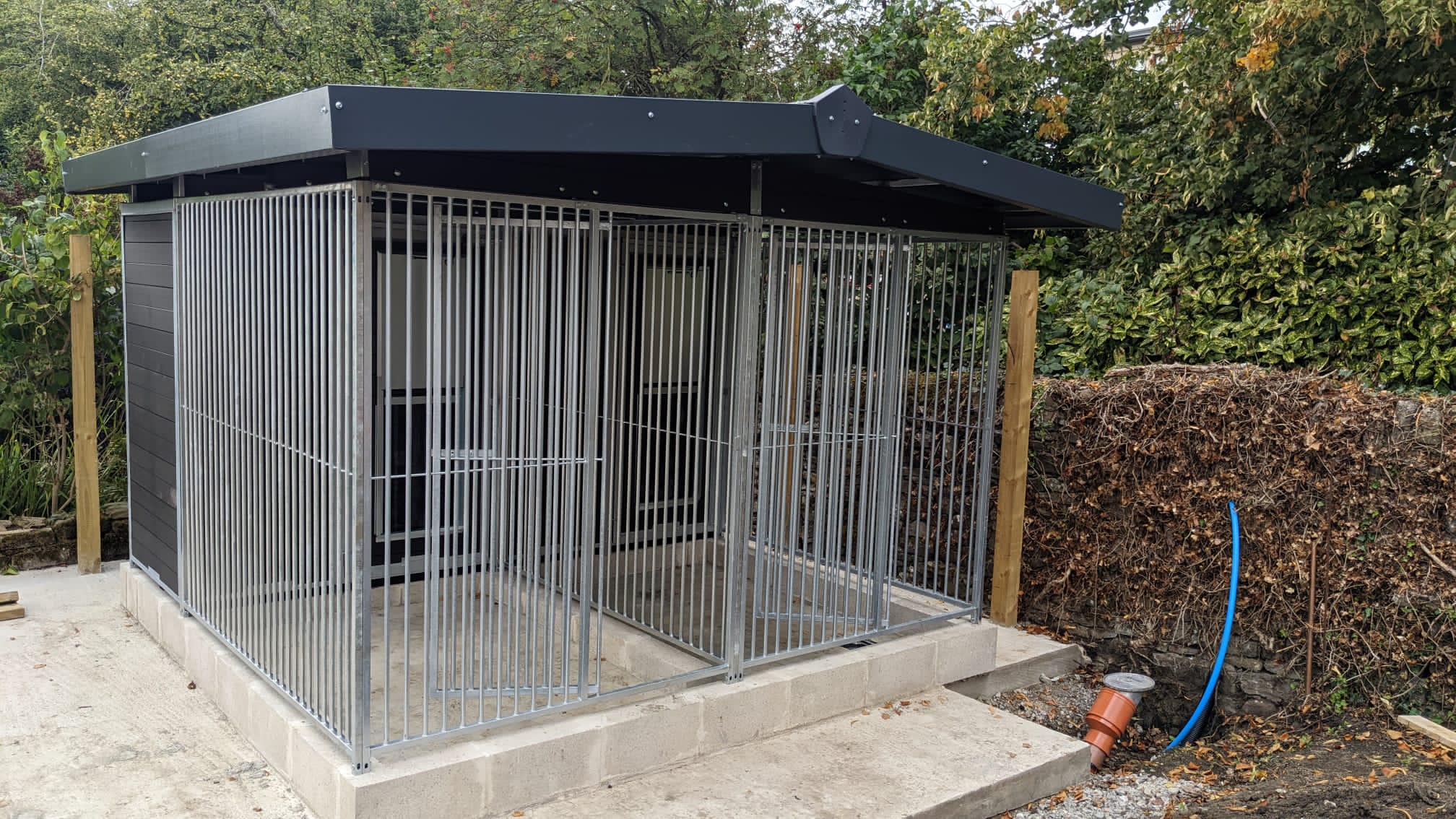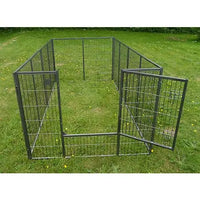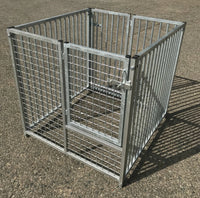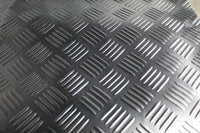
Arthritis in My Dog - Causes, Symptoms, and Treatments
Understanding Arthritis in Your Dog - Causes, Symptoms, and Viable Treatments
Arthritis is when joints (such as hips and elbows) become inflamed, causing pain and discomfort. Bones in a healthy joint have a smooth surface, which allows them to glide past each other easily when moving around. For dogs, arthritis it is often when the cartilage within a joint change or becomes damaged, making movements between the joints less smooth and causes joints to rub against each other, causing swelling.
The rubbing can be extremely unconformable and painful, and can often damage the cartilage even more. As a result of the increased friction, new bone can form around the joint, which makes it even stiffer and harder for your dog to move around.
Although it is more common in senior dogs, young pets can also suffer from arthritis if they become injured, such as tearing their cruciate ligament, or if they have weak muscles and muscle loss.

Symptoms of arthritis:
Although it may seem your dog is acting normal within themselves such as eating normally and wanting to go on walks, there are some key indications of arthritis in dogs to be aware of and look out for:
- Limping before and after walks - this can be a slight limp but sometimes it may not always be obvious so make sure to watch them carefully.
- Tiredness and showing unwillingness to walk around - this can be just as simple as them seeming stiff in the morning or they can't get comfortable when trying to lay down.
- Behavioral changes - they may seem slightly grumpy if being touched or may appear as more snappy due to the pain.
- Licking or chewing painful areas
- Slowing down - your dog may seem to have 'got old quickly'.
- Signs of pain when standing, walking, or sitting up/down
If you notice your dog is experiencing any of these symptoms, a visit to your vet may be needed to confirm a diagnosis with a simple physical examination, blood test, or x-ray.

Causes of arthritis:
There are several external and internal factors that may cause arthritis in your dog, some include:
- Old age - this is one of the main causes of arthritis. Even if your dog has always been healthy and fit, wear and tear of old age can cause pressure on joints. Whilst it may be normal for old age to affect your dog's mobility, if caught early there is treatment to prevent it from getting worse.
- Joint issues - An injury to a joint such as a torn ligament or an infection can cause further damage within the joint itself which can cause inflammation around the joint too. This can cause a healthy joint to be prone to arthritis.
- Being overweight - If your dog is or has been overweight, their joints experience more pressure than they are used to which overtime can increase the wear and tear on the joints.
Dog breeds prone to arthritis:
Some dog breeds are more susceptible to arthritis as they can suffer from bone conditions such as hip and elbow dysplasia. These breeds include working dogs such as German Shepherds, Golden Retrievers, Labradors, Springer Spaniels, Bernese Mountain Dogs, and Rottweilers. Most bone conditions are more common in larger breeds, and it tends to be the larger the dog is, the more likely they are to have joint issues.
However, elbow dysplasia and also any 'wonkiness' in the legs is seen most often in the short-nosed breeds like Shih Tzus and British Bulldogs. If the joint isn't formed properly, the weight of the dog can cause pressure in the wrong places of the joint and cause damage. Over-breeding can also play a role in how joints are formed within the body, and therefore, this can also have an impact on if arthritis forms.

How to treat arthritis in your dog:
While there is no cure for arthritis, there are several treatment options available in different forms to support your dog and prevent the symptoms from worsening.
- Provide a suitable balanced diet - This is key in preventing strain on your dog's joints, especially if their current diet is causing them to carry extra weight. Helping them to lose weight will be beneficial for many reasons, and a loss in weight can also aid their ability to exercise, further helping their joints and mobility.
- Exercise - A common misconception is that a dog with arthritis should not be walked as much; however, this is very much not the case. While it may not be suitable for your dog to run like they did when they were a puppy, dogs with joint issues such as arthritis can be taken on shorter walks, sometimes multiple times a day, to help them stay active. Exercise is also crucial to keeping up muscle strength around your dog's joints. If a dog doesn't exercise enough, the muscles become weaker and provide less support to the joint. The joint then has to do more of the work in supporting the weight of the dog, which causes more pressure and more damage to the weak joint.
- Medication - There are forms of medication that can be provided by your vet to help aid the symptoms of arthritis in your dog. Effective pain management prescriptions, such as anti-inflammatory aids, can help alleviate the pain in your dog's joints. There are several different types of anti-inflammatories available, and how they all work is similar. It is recommended that you give them to your dog for at least three months at the full dose. Do not use human anti-inflammatory drugs for your pet, even in an emergency, as some can be poisonous to dogs. Always use ones that have been prescribed by your vet.
- Herbal supplements - Several different types of supplements are available to help manage your dog's pain and provide them with the nutrients they need.

How to help dog arthritis:
- Provide a comfortable bed
- Keep their nails trimmed
- Encourage them to go out
- Provide a ramp
- Walk them using a supportive harness
- Keep them cool and dry
- Take them to hydrotherapy
